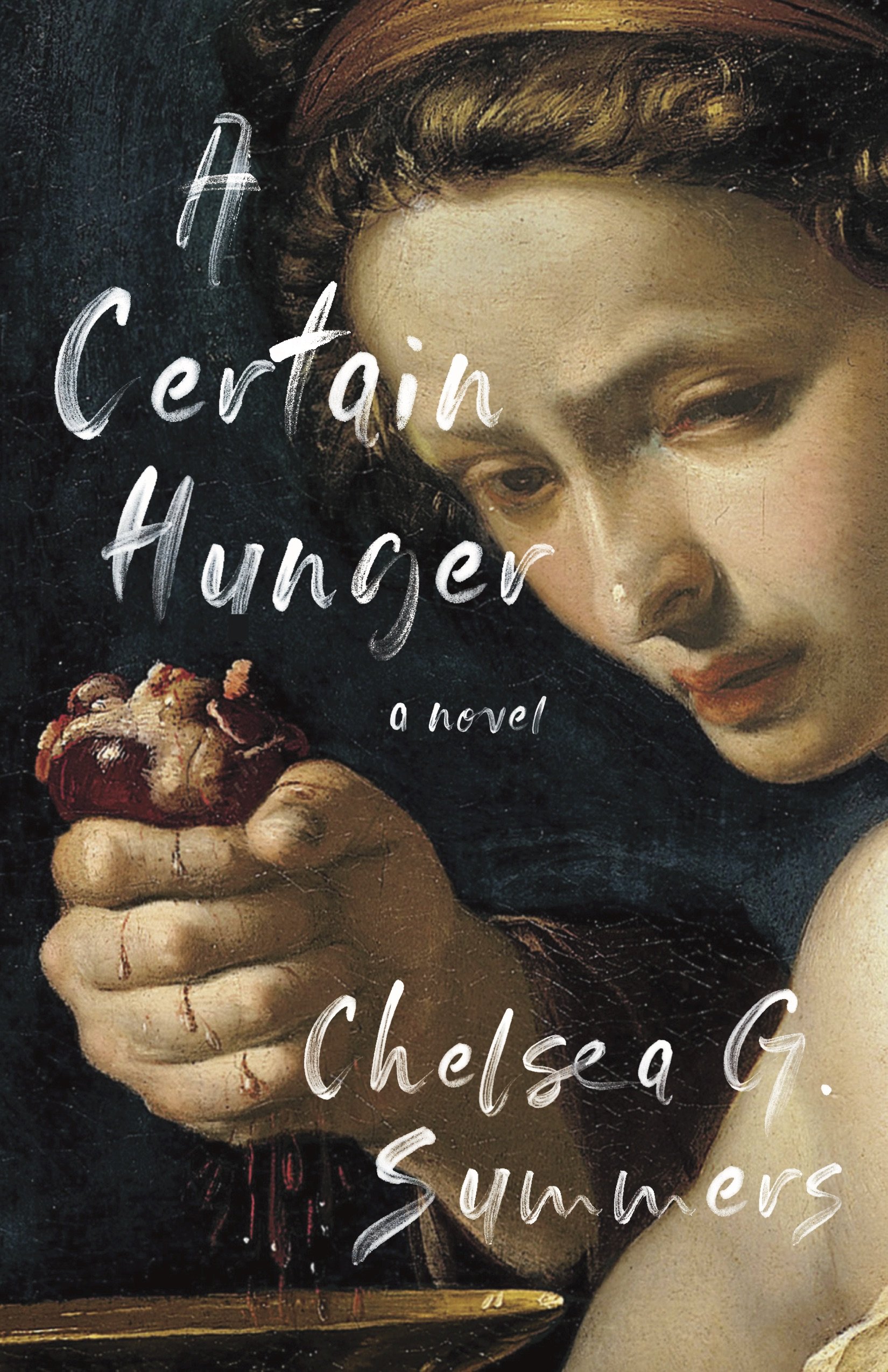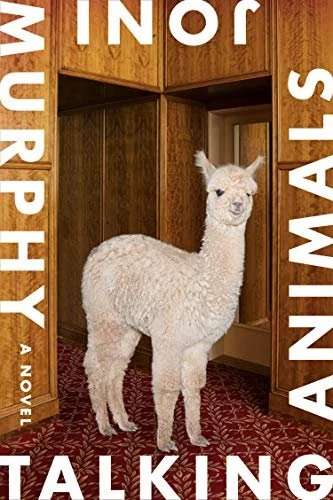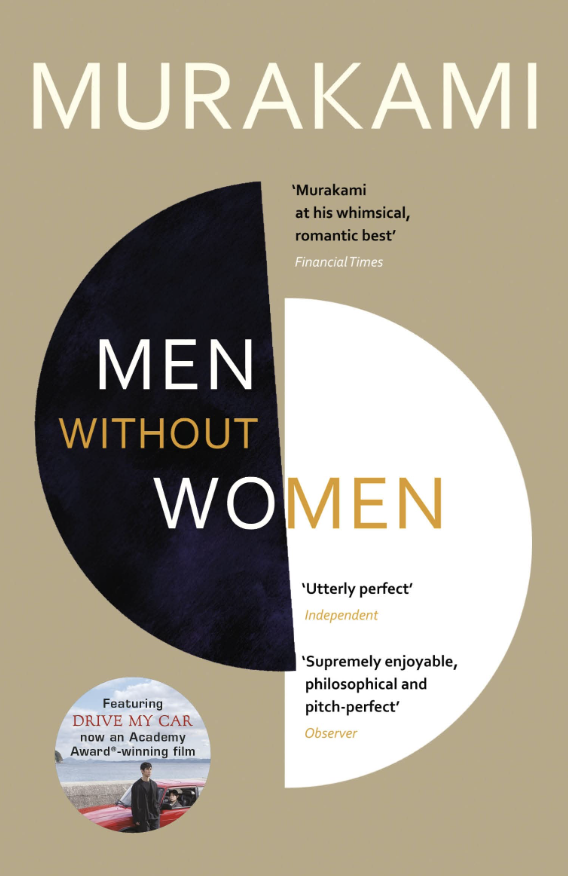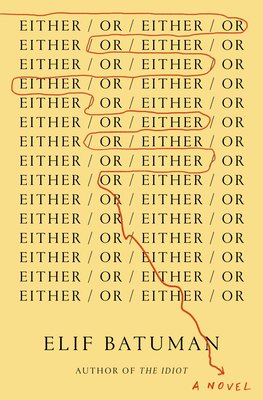Books With Stories as Gr8 as Their Covers
Buying pretty books and reading said pretty books are two entirely different hobbies… duh.
We're all guilty of it. I know you. You know me. Don't pretend to be different, I see you pick-me. We all window shop books for their covers. Like, it's a common occurrence. Whether you're a bookstagram guru, a booktok fanatic, or just an avid book lover; we all just love a pretty cover. They catch your eye, they draw you in, you want to show it off, tell the world that you're a 'reader'... albeit you read Catcher in the Rye once and think Holden just 'gets you'. Grow up. Or don't. We're all human at the end of the day.
Aliens & Anorexia
By Chris Kraus
First and foremost… the cover. A gorgeous mix of green, blue and pink. It's one of those books that don't need fancy artwork, or a central image. Just the words blasted across the page, set behind an eye-catching shade of Azure blue. It's hard hitting, it's bold, it's in your face. When I went searching for a new book to read, this caught my eye at first but I wandered past it. Yet time and time again, I found myself constantly looking back over at it. Then in the end, I submitted myself to the inevitable. You know what you're getting into just from the title alone… or are you?
From the title you wouldn't believe that you were about to dive into a book about empathy being a perceptive tool, the psychoanalytical image behind anorexia and how it could be deemed to be a rejection of cynicism from culture and food. Is that enough of an introduction for you? Sexy. Published in 2000, from the shadow of Georg Buchner, Kraus writes an emotional and radical telling from different perceptions of women from a philosopher of sadness, an artist, Kraus herself and her sadomasochism loving film partner. The cover draws you in, then you're thrown into a world of poetic prose. Personal essays to citations. Confessions to fiction. Phone sex to abstinence narratives. A bulimic writer purging words from her mind, emptying herself to become something other than human. An alien… if you will.
A Certain Hunger
By Chelsea G. Summers
I absolutely adored this book cover. It’s giving… art. It’s giving… pained woman. It’s giving… raw hunger. I love this woman and I don’t even know who she is. When it comes down to book covers, I much prefer these types of illustrations over the simple blank design and slapped down image (which I apologise to Aliens & Anorexia, this isn’t about you I swear) as it offers up more of an understanding, or offering, as to whats to come. Who is this woman and why is she hungry? I mean, I’ve been there, but I don’t think I’ve ever crushd someones heart in my hand due to it…
A Certain Hunger follows around an infamous food critic, as she can easily tear down any establishment as she can whip up a masterclass level dish or plate. Dorothy is looked up upon and also feared, as secretly she craves something more than food or sex can give her. The taste of man meat. And not a glorification of the male sex organ, but the actual devouration of meat, as this charming and yet psychophathic food critic turns to cannibalism to feed her evergrowing lust and hunger. Cute MILF cannibals and the desire to eat men after sex? I support women’s rights, but also more importantly, I support women’s wrongs.
Mr Salary
By Sally Rooney
It's just so simple, so elegant. It gives nothing away from its thirty-three page read, yet enough to draw you in. A swan white and pale red, existing separately yet mixing in the middle. Wavering. Moulding. Existing in tandem. This story, alongside others in the 'Faber Stories' line all share the same simple design and colour palette, so I'm glad this one manages to work so well.
A short and precise read, as any reader of Sally Rooney knows, she has minute attention to detail in her writing, and how a short story can capture the dynamics of speech, sexual tension and a small glance at love and death… just astounds me. It's a playful and tender romantic comedy, which is subverted by the conversational ideas of illness and daddy issues. Sukie, aged twenty-four, and Nathan, aged thirty-three, share a relationship that balances the line between the roles of a father and daughter, or between a friend and a lover. Yikes, right? Could be. Although commonplace in this generation of younger self-aware "mommy and daddy issuers", the reality of fluid feelings of people going after others older than themselves, is not always about sex, but love. It's about two related people in a flawed relationship, yet somehow coming together to take care of one another. Either falling hard or being aloof to the idea between them. Sukie never having a father figure in her life and wanting a male presence, and Nathan liking the idea of attention, but never wanting to act upon it. You get to know them just enough, but left to the mystery of their past, and their futures.
Talking Animals
By Joni Murphy
Alpaca? Alpaca. Ah yes… an Alpaca. What can I say about this book cover, because, I assure you, I was dumbfounded. It’s just so… funny. Like, an Alpaca isn’t supposed to be there. And then I questioned where an Alpaca’s place should truly be… A moody Alpaca? A sociable Alpaca. An Alpaca with a taste for music? An Alpaca who works at City Hall. An Alpaca who goes to parties? An Alpaca who joins a Sea Equality Revolutionary Front and becomes a dangerous radical and/ or an inspired liberal agent. Yes, all of this is true. Welcome to the wonderful and creative mind of an all-animal world where humans have been replaced by our superiors… talking animals.
Joni Murphy has created an outstanding novel, similar to the ideas of Animal Farm or The Humans, but less direct in-your-face with its underlying themes of politics. The books an allegory about friendship, art, and losing oneself under the threat of capitalism yet disguised through dumb jokes and witty banter. More Bojack Horseman themed with the humour of The Fantastic Fox, so… it’s fantastic, don’t lie to yourself, they’re pedestal-worthy pieces of art in our times and you know it.
Beloved
By Toni Morrison
When I tell you that I don't often buy books that are shades of red, I would not be kidding. They don't catch my eye as often as books of green, or blue, or white do. There was a study about colour and how they are perceived (by Michal Kuniecky, Joanna Pilarczyk and Szymon Wichary), which details how red attracts attention in an emotional context. I'm the type of reader who likes escapism through light-hearted funny go-lucky books, so often I brush past these types of books, but my friend loves them and oh boy was this an emotional and heart wrenching read of theirs. The book caught their eye with its Maroon red cover, and a tree branch shifted with different shades of blood red. The lettering of Beloved split between branches, almost like a descension of a family tree, generational pain and branches of said hurt. And when I tell you the idea of 'pain' only begins to describe this novel, you've got a big storm coming.
Winner of the Pulitzer Prize, this book is so captivating and such an emotional portrayal of a woman haunted by her past. The book is deemed to stand alongside the lines of a Great American Horror Novel, next to Stephen King and his creepy clowns and alcoholic writers, but a historical fiction book detailing the spectre of American slavery beats all contenders. When you work with a horror novel with scary elements, you need the idea of something vast behind it to give it some more drive, some push. Beloved works with this, through guiding the reader through two narratives set in 1873, around a house where slaves once freed from Emancipation used to gather for news, and a now desolate and haunted placed by a spiteful ghost child who was killed by her own mother, the protagonist of this story. Built on the memories of human pain, guilt and generational desperation; Beloved offers the light at the end of the tunnel, and a hope of freedom and solace.
On Earth We’re Briefly Gorgeous
By Ocean Vuong
To get away from the illustrated covers for a second, lets turn our attention towards this absolute gem. The black and white filter over a mother hugging her son already feels like this novel is going to be heartwarming, on the opposite aspect, incredibly traumatising. Theres something about photography, unlike art, that feels other-worldly. Like a moment in time, frozen, to be observed. The text too - it’s striking and bold, but doesn’t take away from the image behind it. They work in tandem together, encapturing a sweet and sensitive motif on the self, the other, and unity (as textbook as that sounds).
On Earth We’re Briefly Gorgeous revolves around a letter from a son to his mother who cannot read, which in itself already tugs at the heartstrings. The themes of son and mother relationships is ever present throughout this novel, as the narrator, Little Dog, takes his mother through a journey exploring his childhood, their families history rotted from Vietnam, and his ongoing exploration of his masculinity. It explores how your own voice, telling one’s own story, can have great power to it; despite how quiet it can be, it is still as strong. The mother remains ever distant, as her own education was capped when she was young, so our narrator can only long to reach her through his letter. It will leave you in awe how extraordinary this novels writing is, through various poetic pages and wholeness that tells you that every life will have fractures in it, but they are survivable nonetheless.
Men Without Women
By Haruki Murakami
I was hesitant on reading Murakami's works, as they've been so popular throughout any recommendations I've seen. Their book covers are stunning in any regard, usually their poignant reds and blacks just stand out to any book reader. So why this one? At first I loved the ying and yang of black and white, one with the other, existing together - yet the slight off putting slant of the black just caught me. It's there for a reason. It's separate… alone. The idea of men without wo(men) draws you in, as the title suggests isolation and longing, especially as the word men stands out, isolated, in both segments.
This collection of short stories illustrates the lives of men who have suddenly found themselves to be alone, one way or another, when their loved ones have died. It's a sad collection that highlights the raw emotion of despair and desperation. Not desperation of needy or creepy men, but the idea of when your life of being a whole is cut in half, what do you do to fill that void? Of having to move forward in your life in wake of such a tragedy. Murakami's prose of complex emotions details how men, not always fragile or unhinged, get overwhelmed by things they cannot control or predict. The majority of the stories range from short and simplistic tales of men with departed wives and girlfriends, to introspective and haunted men who struggle to go on, and then finishing with a reverse The Metamorphosis story where an insect turns into a man and has to deal with the complexities that follow suit. There's an unmistakable attachment to loneliness and detachment, one we can all share, where once robbed of love, we never know what happens next. Abandoned in a void of longing and unreciprocated feelings, what would we do in their shoes?
Either/Or
By Elif Batuman
That's a lot, right? There's so much happening on the cover, it's sort of… mesmerising. The repetition of "either/ or" with the red pen weaving and winding around the text, before giving up completely and drawing across the last few lines. It's odd. But we love an indecisive queen. It sets a precedent for the novel, like the climatic and declining tension portion of the novel is going to be messy and all over the place. Like the main character has her shit together for the first half, and then BAM, she loses it all, and then herself. I've heard mixed reviews about this cover, as for some people it's a 'bit much' but I think it adds to the quirkiness of the novel. Not to say that being 'quirky' is bad, but it can be telling that underneath the surface level, there's a complex emotion, an unwinding narrative of something human. And I eat that shit up everytime.
A narrative about a self-indulgent and fanciful character is always going to create a flawed and tasty story. Selin grapples with trying to achieve the perfect aesthetic of a lifestyle. She went to Harvard, and now she wants to understand the meaning of everything and anything as she reaches the end of her Sophomore year. She wants to live a life as close to something you could read in a novel, or how can she adapt her own life to be as interesting and novel-like as possible? This type of crazed abandoned woman narrative, guided by literature analysis and confident peers, will drag you in for a ride. She wants to understand the importance of parties, alcohol and sex, and will do everything she can to get her answers. Underneath it all, it's a book that questions whether life should be about aesthetic or ethics. How you want to or should live. A question for us all.
___
Samuel Laughton’s “bookstagram:” @thevirgolibrary.








